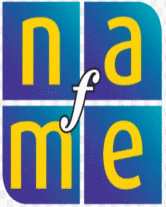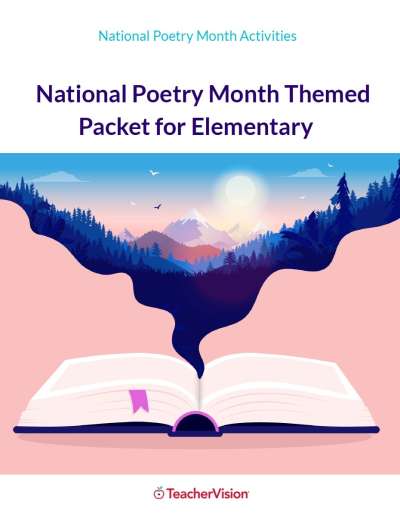Start the Music Strategies: Foreword
There has been a great deal in the news lately about research like thisthat shows connections between music education and learning especiallylearning for young children. The research is still continuing, but we haveenough evidence to know, as teachers and parents,that music helps.
And new events show that educators and decision-makers are moving towork on the real promise held out by this research for early childhoodeducation. At a June 2000 Summit Meeting, "Start the Music," sponsoredby MENC: The National Association for Music Education, the National Associationfor the Education of Young Children (NAEYC), and the U.S. Department ofEducation, and supported by the Texaco Foundation, some two dozen musiceducators, childhood development specialists, academics, government officials,foundation executives, and policy- and decision-makers, as well as representativesfrom the private sector came together. They all agreed that unless thepositive learning engendered by music in the earliest years is nurturedby those in the best position to provide it – that is, parents, music teachers,and professional caregivers – the educational power of music and its potentialfor sound development can be diminished and diluted. They agreed that researchin developmental psychology and commonsense observation underscore boththe importance and the wisdom of making music an integral and overt partof the earliest education of young children:
- We know that music is among the first and most important modes of communicationexperienced by infants.
- As young children grow and develop, music continues as a basic medium notonly of communication, but of cultural expression and self-expression.
- As preschool children not only listen to music, but also learn to makemusic by singing and playing instruments together (and responding to musicin a variety of ways), they create important contexts for the early learningof vital life skills such as cooperation, collaboration, and group effort.Music in an educational setting also begins to teach young children tomake judgments about what constitutes “good” music, helping them developthe rudiments of an aesthetic sense.
- Music contributes strongly to "school readiness," a foundational educationaim of the American people for all our children.
- When children develop musical skill and knowledge, they are developingbasic cognitive, social, and motor skills necessary for success throughoutthe educational process, and in life itself.
And just as music has to be understood as integral to learning, so mustit be considered as integral to life, as an activity in which every childcan participate fully. It is truly time to Start the Music.











